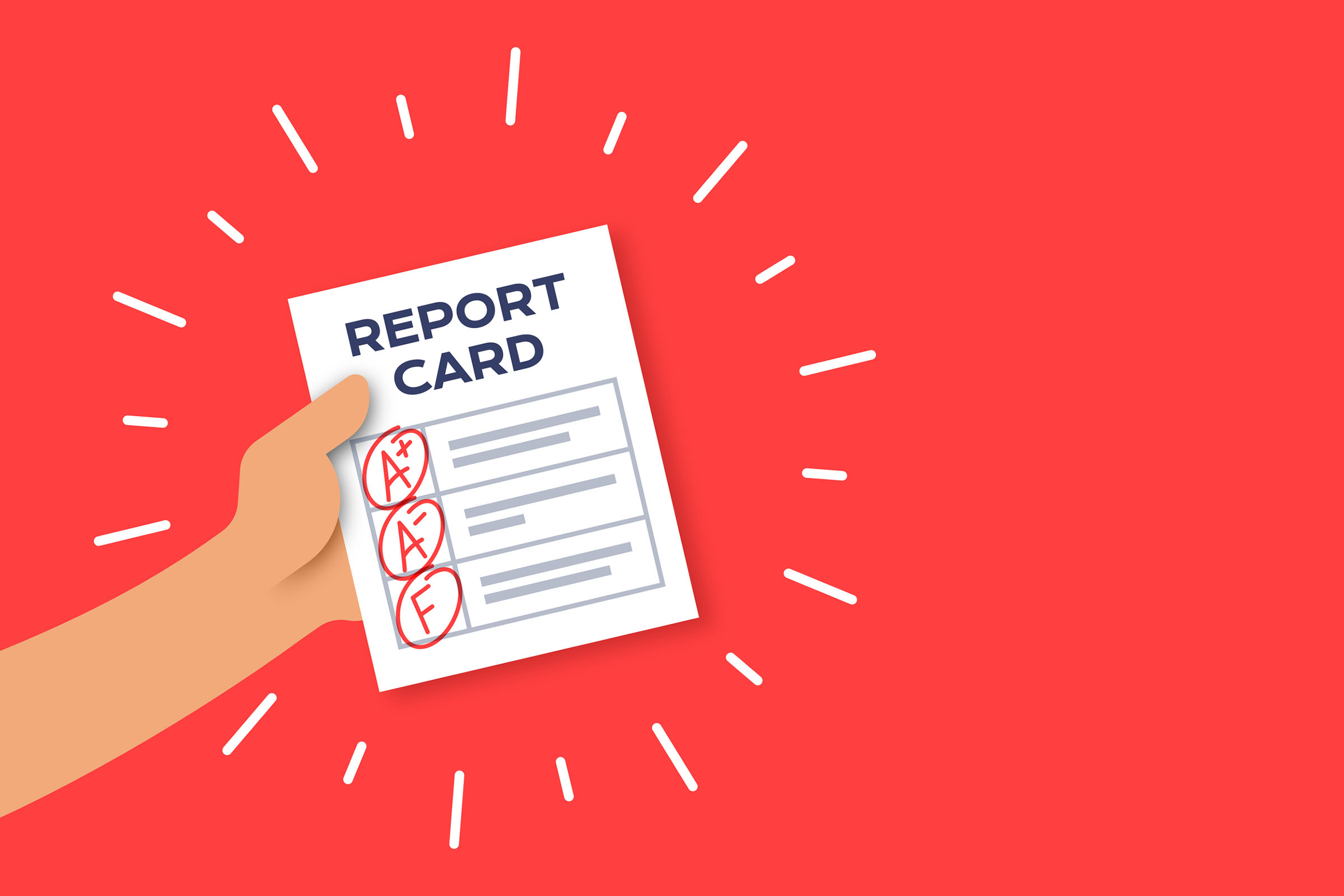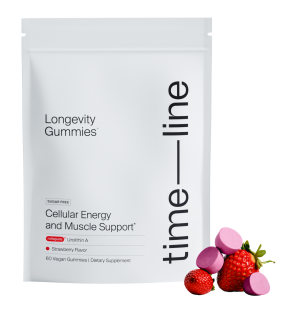A new study in the Journal of the American Medical Association has disturbing implications for Americans who take prescription and over-the-counter drugs, often many at the same time: They can significantly increase the risk of depression.
Moreover, the number of adults using 3 or more medications that can cause depression has risen dramatically from 6.9% in 2005-2006 to 9.5% for 2013-2014.
The estimated prevalence of depression was 15% for those reporting use of 3 or more medications with depression as a side effect vs. 4.7% for those not using such medications.
According to a study of “polypharmacy”—the use of multiple drugs—10% of the population and 30% of older adults in the United States are taking five or more drugs simultaneously.
This makes it even more likely that, due to drug interactions, or inability to properly metabolize medications that ordinarily would cause minimal adverse effects when taken singly, patients are experiencing mood problems from so many drugs used in combination.
But even for patients taking just one medication associated with depressive side effects, the incidence of depression was 60% higher than for those not using such medications.
Certain drugs are notorious for causing depression. For example, depression has been consistently correlated with use of interferon alpha for hepatitis C—to the tune of 45 to 60% of prescribees developing mild to moderate depression, and moderate to severe depression in 15 to 40%.
Others, like beta blockers for palpitations, blood pressure, and heart disease, are less consistently associated with depression.
The problem is pervasive. An estimated 37.2% of adults surveyed had taken at least one medication with depressive side effects within the last 30 days.
Following is a (partial) list of categories of medications that research shows can cause or exacerbate depression or suicidal behavior:
Antihypertensives: Toprol (metoprolol), Tenormin (atenolol), Vasotec (enlapril), Accupril (quinacril)
Antidepressants: Zoloft (sertaline), Celexa (citaprolam), Wellbutrin (bupropion), Prozac (fluoxetine), Trazodone, Effexor (venlafaxine), Lexapro (escitalopram), Cymbalta (duloxetine), Paxil (paroxetine), Elavil (amitriptyline)
Hormones: Oral contraceptives, Prempro, Proscar, Megace
Anxiety and Sleep Meds: Xanax (alprazolam), Ambien (zolpidem), Ativan (lorazepam), Klonopin (clonazepam)
Pain Meds: Hydrocodone, Tramadol, ibuprofen, Flexeril (cyclobenzaprine)
Acid-blockers: Prilosec/Zegerid (omeprazole), Zantac (ranitidine), Pepcid (famotidine), Esomeprazole (Nexium)
Allergy Meds: Singulair (montelukast), Zyrtec (cetirizine)
Muscle-Relaxant and Anti-Seizure Meds: Neurontin (gabapentin), Valium (diazepam), Lamictal (lamotrigine), Topamax (topiramate)
Steroids: Prednisone, Medrol
The authors of the study acknowledge that “the results may underestimate the true prevalence of the use of medications that have depression as a potential adverse effect.”
Particularly concerning was the uptick in use of medications associated with depression. For use of acid-blockers the percentage of the adult population taking them soared from 5.4% in 2005-2006 to 9.5% in 2013-2014.
A possible contributor to the current wave of suicides is the near-doubling (from 1.9% to 3.3%) in use of prescription meds that had suicidal symptoms as adverse effects during the period 2005-2006 to 2013-2014.
To the argument “Well, of course these medication-takers are depressed, they have health problems (which are depressing)”, the study authors reply that, for example, depression is found more frequently in hypertensive patients on drugs than those with untreated hypertension, even after excluding those who were taking medication for a clinical diagnosis of depression. So it’s the meds, not their hypertension, that’s making them feel blue!
Diagnosis of major depression is up 33% since 2013, with the highest overall percentage among people 35 to 49. 5.8% of adults over 35 now suffer from major depression, up from 4.6% in just the short interval from 2013 to 2016. With the incidence of depression on the rise it’s especially urgent to be on the lookout for the contribution problematic drugs make to this gloomy picture.
If you’re suffering from depression ask your doctor whether the medications you’re on are helping you or hindering you. Skillful de-prescribing of unnecessary or superfluous medications might go a long way toward alleviating your woes.







